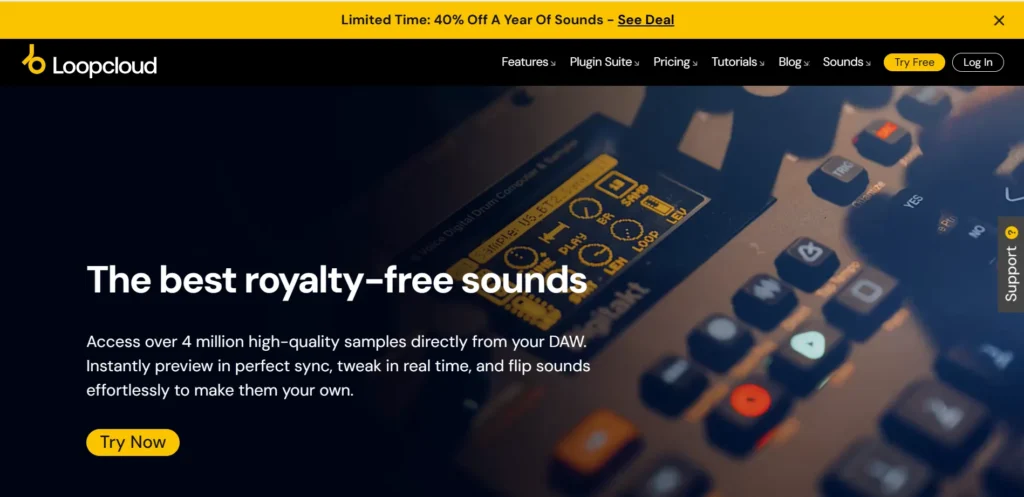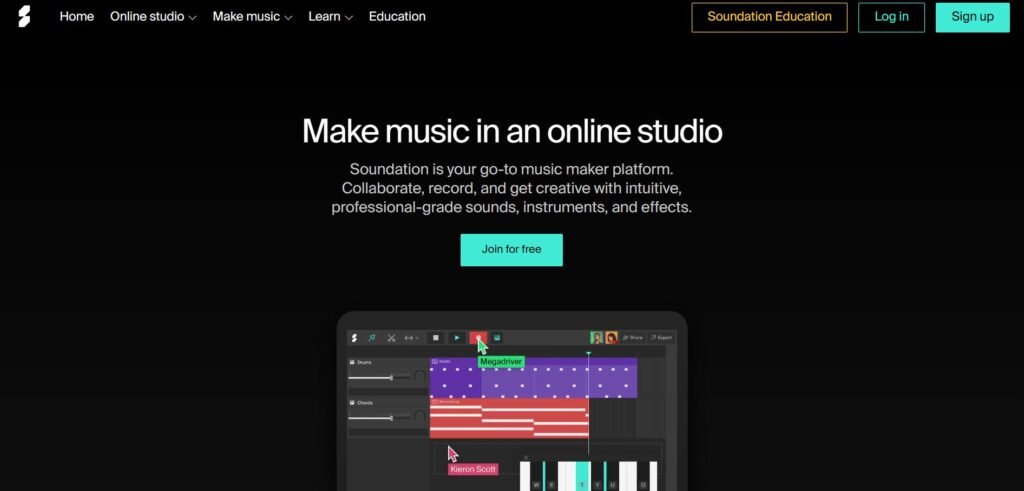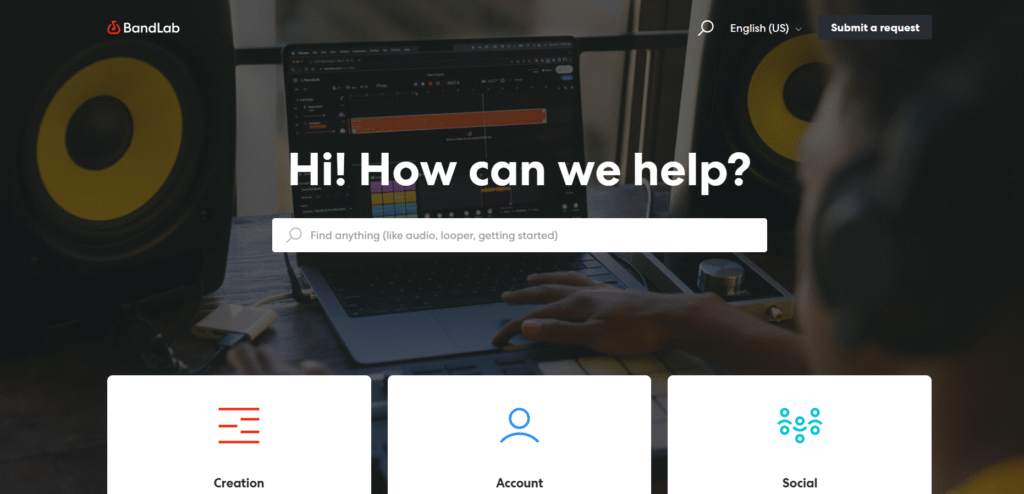Loopcloud is a cloud-based sample management and music production platform designed to streamline the creative process for musicians, producers, and sound designers. It offers access to a vast library of royalty-free samples, loops, and one-shots, all integrated with a powerful desktop application that syncs with most major digital audio workstations (DAWs). Whether you’re a bedroom producer looking to expand your sound palette or a professional composer seeking efficient ways to organize and audition samples, Loopcloud presents a compelling solution. But is it the right tool for your workflow? Let’s take a closer look.
Is Loopcloud Right for You?
Loopcloud is particularly well-suited for electronic music producers, beatmakers, and sound designers who rely heavily on samples in their creative process. Its real-time auditioning feature and DAW integration make it a time-saving asset for those who want to experiment with sounds without interrupting their workflow. It’s also useful for content creators and media composers who need quick access to a wide variety of sounds for video, games, or commercial projects.
However, Loopcloud may feel limited for users who prefer to create everything from scratch using virtual instruments or live recordings. Traditional musicians or composers who don’t rely on samples might find the platform less relevant. Additionally, those who already have a well-organized personal sample library may not see the need for a subscription-based service.
What It Does Well
- Massive, searchable sample library with genre and instrument filters
- Real-time auditioning of samples in sync with your DAW
- Cloud-based sample storage and organization
- Built-in sample editing and effects tools
- Regularly updated content from reputable sound designers
One of Loopcloud’s standout features is its ability to audition samples in real time, synced to your DAW’s tempo and key. This means you can hear how a loop will sound in your project before downloading or purchasing it, saving time and reducing clutter. For example, a producer working on a house track can quickly cycle through drum loops and basslines that match the project’s tempo, making it easier to find the right fit without breaking creative flow.
Another strength is its organizational tools. Users can tag, categorize, and store their own samples in the cloud, making it easier to manage large libraries across multiple devices. This is especially helpful for professionals who work on different machines or collaborate remotely. The built-in sample editor also allows for quick trimming, pitch shifting, and adding effects, which can speed up the production process significantly.
Where It Falls Short
Despite its strengths, Loopcloud isn’t without limitations. One common frustration is the reliance on an internet connection for browsing and downloading samples. While some offline functionality exists, the full experience requires consistent connectivity, which can be a drawback for users working in remote or bandwidth-limited environments.
Another limitation is the subscription model. While the platform offers a free tier, many of its most useful features and premium content are locked behind a paywall. Users who only need occasional access to samples may find the monthly cost hard to justify. Additionally, the interface, while powerful, can feel overwhelming to beginners who are not familiar with sample-based workflows.
Free vs Paid: What’s the Catch?
Loopcloud offers a free plan that includes limited daily sample downloads, basic sample editing tools, and access to a portion of the library. This tier is useful for casual users or those who want to test the platform before committing. However, the free version restricts access to premium samples and advanced features like multi-track sample auditioning, expanded cloud storage, and exclusive content packs.
Paid plans unlock a broader range of tools and content. Subscribers receive monthly credits to spend on samples, access to the full library, and enhanced features like AI-powered search and advanced effects. For regular users who rely on fresh sounds and efficient workflow tools, the subscription can be a worthwhile investment. However, for hobbyists or those with limited budgets, the free plan may suffice with some creative limitations.
Are There Alternatives?
- Splice: A popular sample subscription service with a large library and cloud-based storage.
- Noiiz: Offers unlimited downloads and a similar plugin-based auditioning system.
- LANDR Samples: Focuses on curated packs and integrates with other LANDR services like mastering.
Each of these alternatives has its own strengths and pricing models, so users may want to explore them alongside Loopcloud to determine which best fits their needs and workflow preferences.
Loopcloud is a powerful and flexible tool for producers and sound designers who work heavily with samples. Its real-time auditioning, cloud storage, and extensive library make it a valuable asset for streamlining the creative process. It’s especially beneficial for electronic music producers, media composers, and content creators who need quick access to high-quality sounds.
However, it may not be the best fit for musicians who prefer to create original sounds from scratch or those who already have a well-organized sample collection. The subscription model also means that users should evaluate how often they’ll use the platform to determine if the cost is justified.
In summary, Loopcloud is worth exploring for anyone looking to enhance their sample-based workflow, but it’s not a one-size-fits-all solution. Consider your creative habits, technical needs, and budget before diving in.



